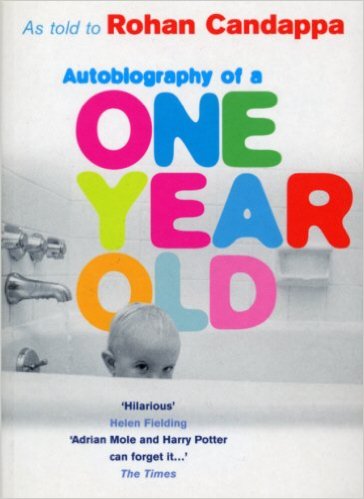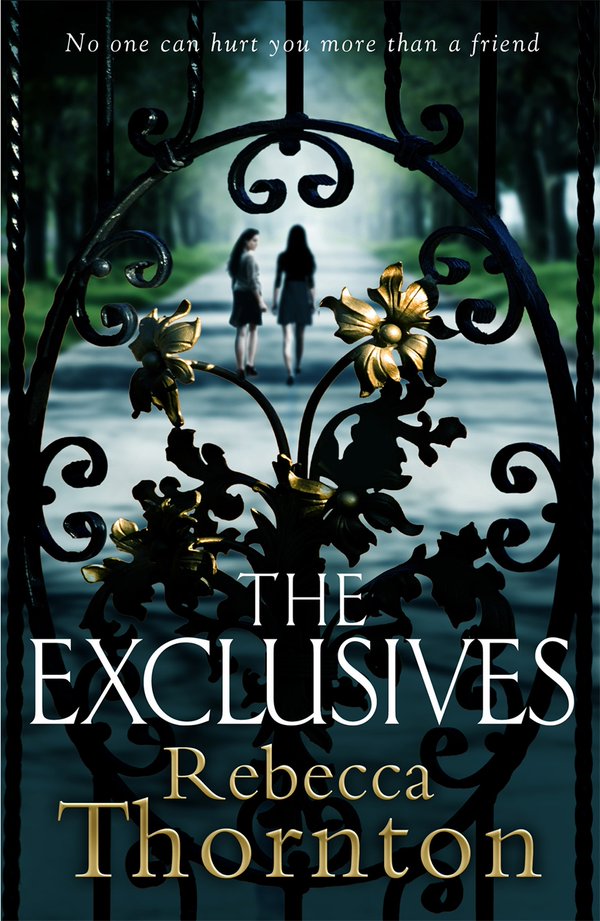
Ever wondered why your one year old loves knocking down sandcastles?
This is your chance to find out.
What’s it about?
That incredible year between turning one and two, during which Little People make huge strides in controlling their adults (Smooths and Hairies) using a range of strategies including tactical manoeuvres, such as the fail-safe divide and conquer, outright warfare (think poo. Think poo smeared) and a few more subtle techniques (like infiltrating the enemy by adopting adult strategies including walking on two legs and talking the Big People language).
This small book charts the novelties, the excitements and the errors made in those heady months directly from the perspective of one mischievous (but intelligent) one year old.
What’s it like?
Genuinely, albeit modestly, entertaining. From the outset, Candappa upends our expectations by reversing roles: our narrator ’employs’ two parents of the ‘usual variety’ and reflects upon the fact that Smooths tend to be the full-timers, while Hairies are ‘at best, part-timers’. While our thoughtful narrator admits ‘the bitter truth is that parents are in charge’ he also notes that ‘Just because they’re in charge doesn’t mean you can’t be in control’.
“Opportunity is a rusk you only get one chance to suck”
You really do need to be a parent to appreciate this, ideally of a one or two year old. Then you can fully delight in observations about the difficulties inherent in keeping two parents entertained all day, the strange obsession they typically have with playing games that involve tidying everything away into cupboards, and the frustrating limitations of Smooth’s intellect (she mindlessly repeats “car”, instead of attempting any kind of informed conversation – and why can’t she understand Little People language?)
Regardless of your parenting status, the frequent bursts of political and literary commentary are at once brilliantly surreal – coming as they supposedly do from the thoughts of a toddler – and absolutely spot-on. This is a one year old who is fully conversant with Samuel Beckett’s oeuvre (among other serious literary and political figures) and is able to comment intelligently on the function of Godot in the renowned play ‘Waiting for Godot’. He also likes to analyse nursery rhymes. (Old McDonald’s farm is dismissed as woefully inefficient and since ‘Generations have grown up learning the rhyme by rote from a very early age: it is any wonder that the farming industry tends towards periodic crises?’)
Final thoughts
This is a clever, compact book that makes effective use of bathos, literature, political commentary and our own expectations to draw out some wry smiles, knowing nods and genuine chuckles. It’s great fun served in small doses – especially handy if your own one year old (or one year old to be) is currently opting to let you sleep in minuscule chunks of time, resulting in a desire to read that is heavily tinged with a desire to read something short.
And where else would you find this delightful snippet?
‘I have noticed it’s normally Smooth who turns up [in the middle of the night when you cry]. I’ve no idea why, but think it may have something to do with the inequitable division of power and labour within what is still largely a traditionalist and, some would say, oppressive social engineering unit that plys it’s trade under the deceptively user friendly title of ‘The Family’. Or it could just be that Hairies are lazy.’
And why does your one year old love knocking down sandcastles? The short version: ‘Sand…is a free spirit.’ and sandcastles are a ‘monstrosity’ mocking the very nature of sand’s being. For the longer version, you’ll need to read the book.
Recommended.


